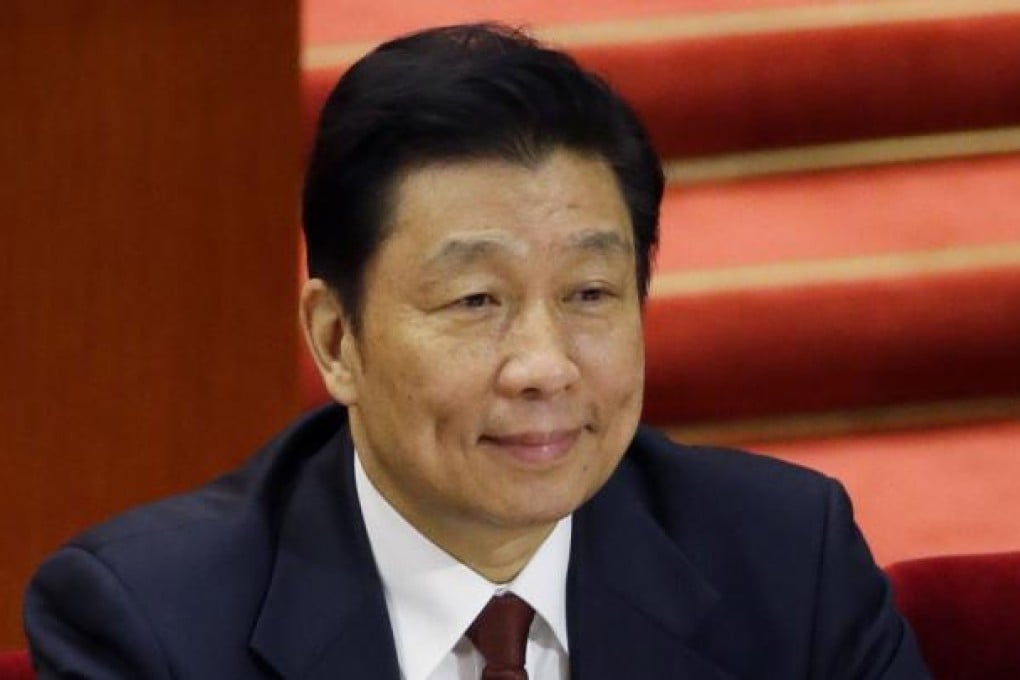Fixing Hong Kong's ailing relationship with Beijing under the new guard
The incoming leadership has a strong history with the city, which may help mend souring ties

With the new leadership in Beijing confirmed, Chief Executive Leung Chun-ying will next month pay his first visit to the capital since taking office. But who will he meet there? The incumbent state leaders, such as President Hu Jintao and Premier Wen Jiabao, or the new party chief and future president Xi Jinping and incoming premier Li Keqiang? Or will he meet the leaders of both generations? The arrangements will be interesting to see.
Meanwhile, any meeting between Leung and Li Yuanchao would have particular significance. Li is a former chief of the party's powerful Organisation Department and a member of the Politburo, although predictions he would join the Standing Committee were wide of the mark. It is increasingly clear he will take over a post Xi holds, overseeing Hong Kong and Macau affairs.
A senior Beijing official who once worked with Li and who is familiar with Hong Kong affairs said of him: "Li is regarded as open-minded, a workaholic who cares about details and is quite hands-on regarding important issues. We expect he will very closely watch Hong Kong's latest developments to make timely adjustments on Hong Kong policies accordingly."
All seven members of the Standing Committee have some experience with Hong Kong: Xi himself will continue to take care of that high-level working group until he becomes president in March, after which, the official said, he will still "actively keep an eye on Hong Kong affairs".
Li Keqiang, the party's new No 2, brought with him 36 measures intended to boost the city's economy when he paid an official visit two years ago. His controversial appearance at the University of Hong Kong is believed to have deepened his understanding of the city's political culture.
Zhang Dejiang, the former party secretary of Guangdong, is the only member of the new Standing Committee to have come face to face with Hong Kong's ever-critical lawmakers. In 2005, he welcomed all 60 legislators, including those denied home-visit permits, to make an "ice-breaking" visit and received them at his provincial guest house.